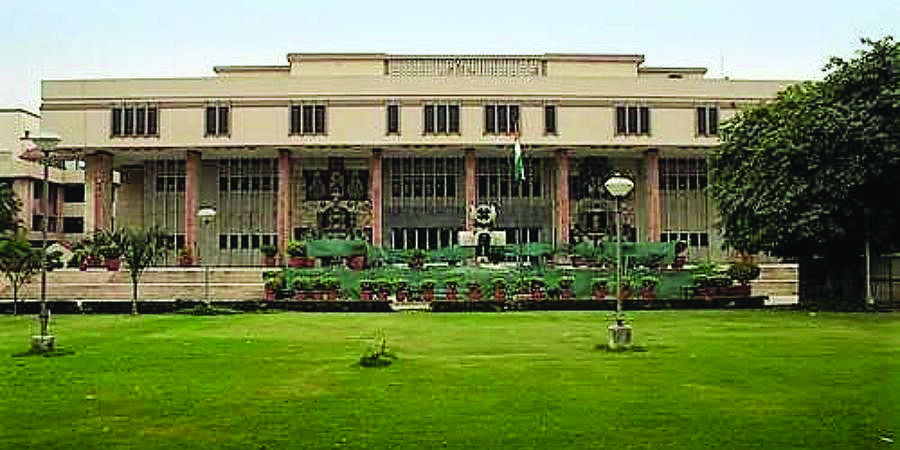'What's communal in speeches delivered by BJP leaders?' HC asks

New Delhi: The Delhi High Court Friday sought to know from CPI(M) leader Brinda Karat what was communal in the speeches delivered by Union Minister Anurag Thakur and his BJP colleague and MP Pravesh Verma against whom she has sought lodging of FIR for their alleged hate speeches in relation to anti-CAA protest at Shaheen Bagh here.
'Ye log' (these people) indicates to whom? How can you translate that 'ye log' means that particular community? It is not to any particular community, they can be anybody. Where is direct instigation? Justice Chandra Dhari Singh said, while adding, Where is the communal intent in the speech?
The high court was hearing Karat's plea challenging a trial court's August 26, 2021 order dismissing her plea seeking lodging of FIR against the two leaders on the ground that the requisite sanction from the competent authority, the central government, was not obtained which was required under the law.
The high court, after hearing arguments from the counsel for Karat and Delhi Police, reserved its order on the plea.
Advocate Amit Mahajan, representing Delhi Police, said the trial court has rightly held that it does not have jurisdiction to deal with the case and referred to the Supreme Court's judgements which hold that if a judge is saying he does not have jurisdiction, he should not comment on merits and that is the right approach.
Advocate Tara Narula and Adit S Pujari, representing Karat, submitted that a cognisable offence is made out against the two leaders and and FIR should be lodged against them for their alleged hate speeches in relation to anti-CAA protest at Shaheen Bagh here and that they were only asking the police to investigate the matter.
The counsel had earlier said that the magistrate had rejected the plea on the ground of lack of sanction and did not even go into the merits of the case.
CPI (M) leaders Brinda Karat and KM Tewari had filed the complaint before the trial court seeking a direction to the Parliament Street Police Station to register an FIR against Thakur and Verma.
However, the trial court said that the complaint was not sustainable without the prior sanction. Karat, in her petition in the high court, sought quashing of the trial court's order and also a direction for expeditious disposal of applications under Section 156(3) CrPC (power of a magistrate to direct the police to conduct investigation in respect of a cognisable offence) and that technical objections and maintainability be decided at the threshold to avoid prejudice to the complainant and wastage of judicial time.
The plea said the relevant provision of CrPC demonstrates that the sanction to be taken thereunder is a sanction for taking cognisance.
It is settled law that the stage of cognisance does not arise at a time when directions under Section 156(3) CrPC are given, and as such, no sanction is required under either Section 195 or 196 CrPC for the registration of an FIR and/or for investigation, the plea said. It contended that when the State and the police have pointedly excused the speeches of the accused and other persons, the petitioners submit that the only recourse available to them is judicial.



